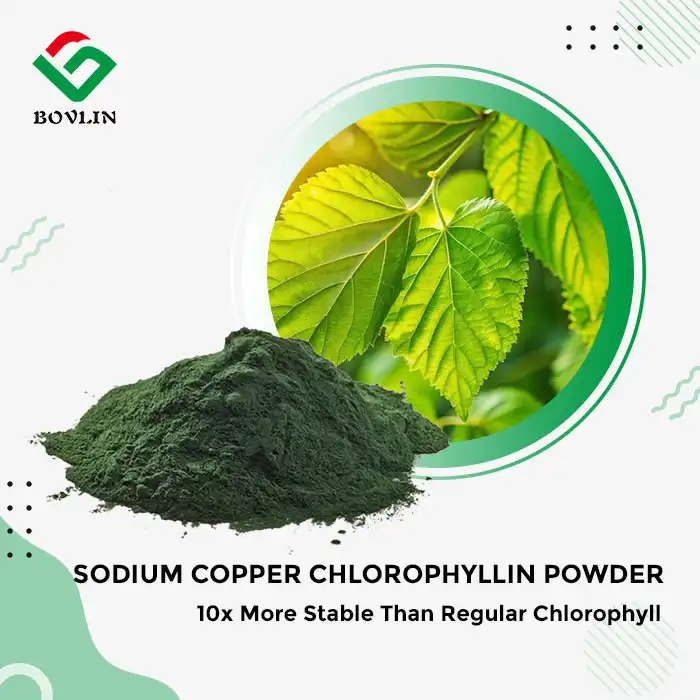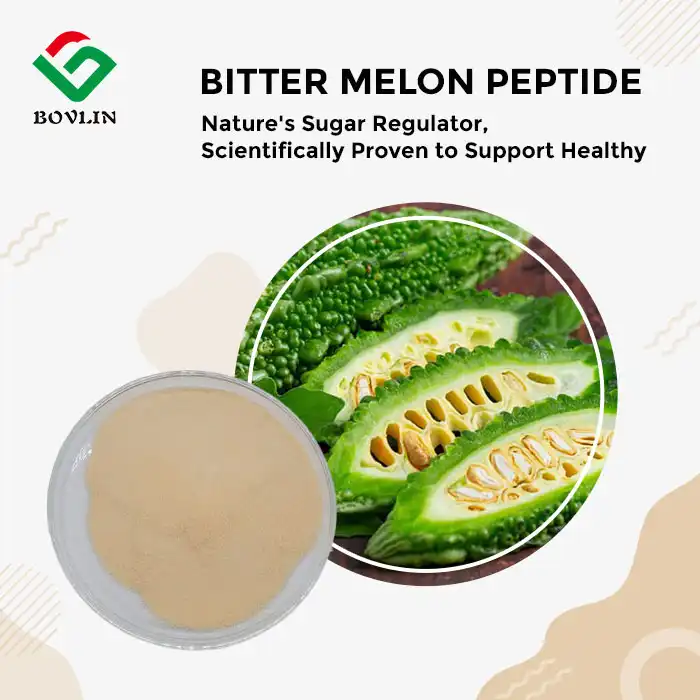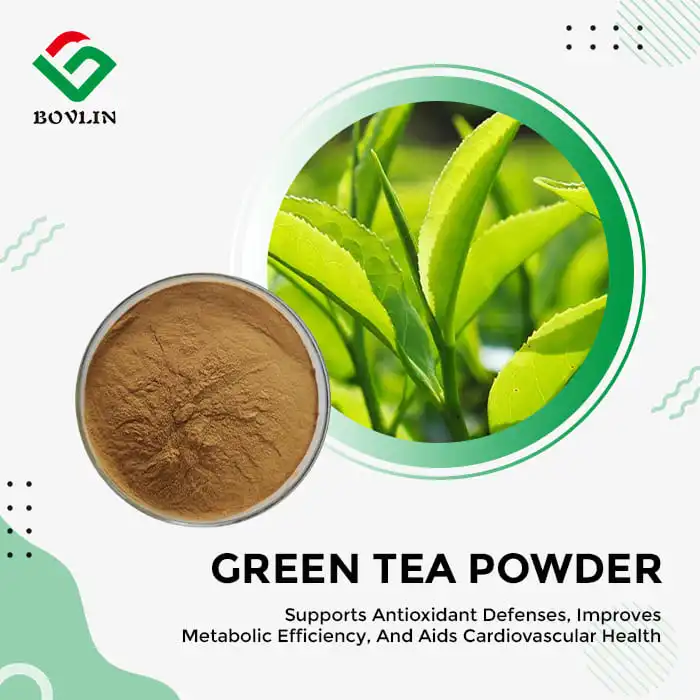What Collagen-Stimulating Properties Do Walnut Peptides Have?
Amino Acid Profile and Collagen Synthesis
Walnut peptides boast an impressive amino acid profile that closely mimics the building blocks of collagen in human skin. This unique composition enables them to serve as precursors for collagen synthesis, effectively "tricking" skin cells into producing more of this essential protein. The abundance of proline, glycine, and hydroxyproline in walnut peptides provides the raw materials necessary for collagen formation, while also signaling to fibroblasts to increase their collagen-producing activities.
Activation of Fibroblast Cells
One of the most remarkable properties of walnut peptides is their ability to activate dormant fibroblast cells in the dermis. These specialized cells are responsible for producing collagen, elastin, and other extracellular matrix components crucial for skin structure and elasticity. By stimulating fibroblasts, walnut peptides initiate a cascade of cellular events that lead to increased collagen production, ultimately resulting in firmer, more resilient skin.
Antioxidant Effects on Collagen Preservation
Beyond stimulating new collagen production, walnut peptides also play a vital role in preserving existing collagen structures. The potent antioxidant properties of these peptides help neutralize free radicals that would otherwise break down collagen fibers. This protective action ensures that the skin maintains its structural integrity and elasticity over time, effectively combating the visible signs of aging caused by collagen degradation.
Mechanisms Behind Improved Skin Firmness and Radiance
Enhanced Extracellular Matrix Support
Walnut peptides contribute significantly to improving skin firmness by enhancing the extracellular matrix (ECM) support structure. They stimulate the production of not only collagen but also elastin and hyaluronic acid, which are crucial components of the ECM. This comprehensive approach to skin support results in a more robust and resilient dermal layer, capable of maintaining its shape and resisting the effects of gravity and environmental stressors.
Moisture Retention and Hydration Boost
The hydration-boosting properties of walnut peptides play a pivotal role in enhancing skin radiance. These peptides have a remarkable ability to attract and retain moisture within the skin cells, acting as natural humectants. By improving the skin's water-holding capacity, walnut peptides help plump up skin cells, reduce the appearance of fine lines, and impart a dewy, luminous glow to the complexion. This increased hydration also contributes to improved skin barrier function, further protecting against moisture loss and external aggressors.
Cellular Turnover and Skin Renewal
Walnut peptides accelerate the process of cellular turnover, promoting the shedding of dead skin cells and the emergence of fresh, new cells at the surface. This enhanced renewal cycle leads to a brighter, more even-toned complexion as dull, damaged cells are replaced with vibrant, healthy ones. The increased cell turnover also helps in reducing the appearance of hyperpigmentation and age spots, contributing to an overall more radiant and youthful appearance.

Innovations in Cosmetic Peptide-Based Skincare Products
Advanced Delivery Systems
The effectiveness of walnut peptide-based skincare products has been significantly enhanced through the development of advanced delivery systems. Liposomal encapsulation technology, for instance, allows for deeper penetration of walnut peptides into the skin layers where they can exert their beneficial effects most efficiently. Nanoparticle formulations have also emerged as a promising approach, enabling controlled release of peptides over time for sustained skin improvement. These innovative delivery methods ensure that the active ingredients reach their target sites within the skin, maximizing their efficacy in promoting elasticity and glow.
Synergistic Peptide Complexes
Cutting-edge research in cosmetic science has led to the creation of synergistic peptide complexes that combine walnut peptide powder with other complementary bioactive ingredients. These sophisticated formulations leverage the unique properties of various peptides to address multiple skin concerns simultaneously. For example, combining walnut peptides with signal peptides that stimulate growth factors can amplify collagen production and skin repair processes. Similarly, blending walnut peptides with neurotransmitter inhibitor peptides can help relax facial muscles, reducing the appearance of expression lines and wrinkles.
Customized Peptide Solutions
The future of peptide-based skincare lies in customization. Advances in biotechnology now allow for the tailoring of peptide sequences to target specific skin concerns with unprecedented precision. This approach enables the development of highly specialized walnut peptide formulations designed to address individual skin types, ages, and environmental factors. By analyzing a person's unique skin profile and needs, cosmetic manufacturers can create bespoke peptide blends that offer optimized results in enhancing skin elasticity and radiance. This personalized approach marks a significant leap forward in the efficacy and specificity of peptide-based skincare solutions.
Conclusion
Walnut peptides represent a significant advancement in the pursuit of enhanced skin elasticity and radiance. Their ability to stimulate collagen production, improve skin firmness, and boost overall skin health makes them a valuable asset in cosmetic formulations. As research continues to unveil the full potential of these powerful biomolecules, we can expect to see even more innovative applications in the skincare industry. The future of peptide-based skincare products, particularly those leveraging the benefits of walnut peptides, holds immense promise for achieving and maintaining youthful, glowing skin.
Contact Us
Are you a cosmetic manufacturer looking to harness the power of walnut peptides in your skincare formulations? Discover how our high-quality walnut peptide powder can elevate your products. Contact us at sales1@bovlin.com to learn more about incorporating this innovative ingredient into your skincare line.











